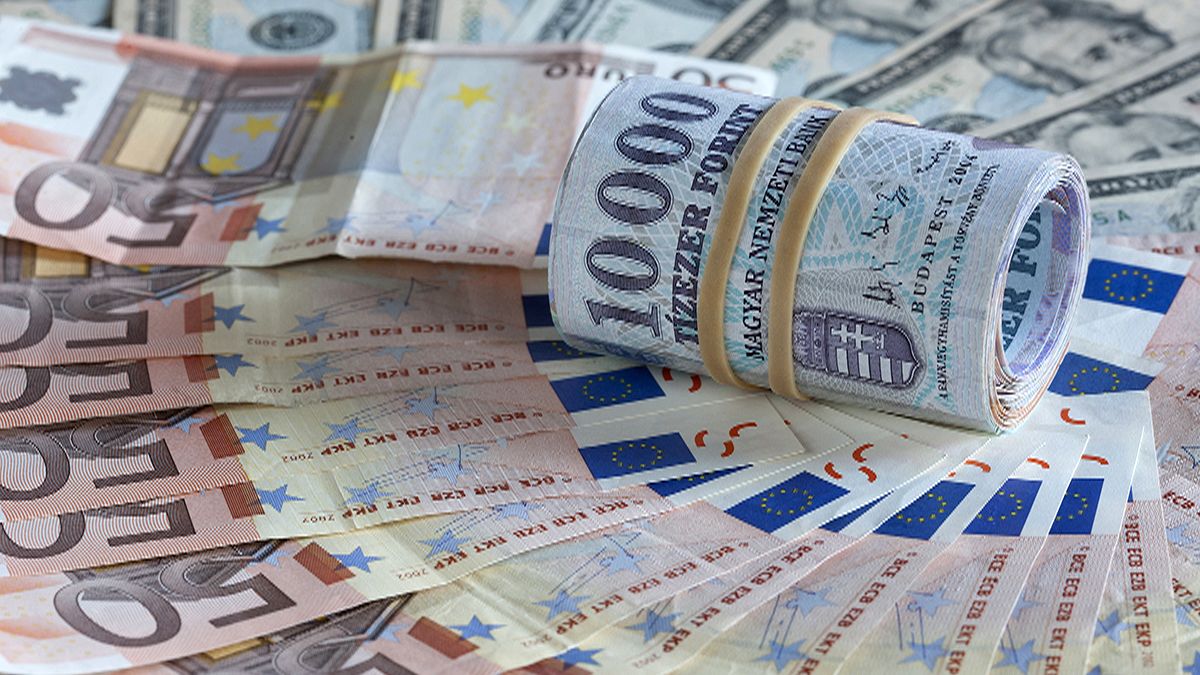Paying bribes to police and public officials is widespread in at least three European Union countries, a new report has claimed.
Paying bribes to police and public officials is widespread in at least three European Union countries, a new report has claimed.
Nearly one-in-three of people questioned in Romania say they have paid money to access public services in the last year, according to a survey by Transparency International.
Approximately a quarter of respondents gave the same response in Lithuania, compared with around one-in-five in Hungary.
It comes as Transparency International warned the failure to tackle corruption was fuelling a rise of populist and nationalist political parties on the continent.
EU states and corruption
Click the column headers to re-sort the table.
Source: Transparency International. No data for Austria, Denmark, Finland, Ireland, Luxembourg and Malta.
“Europe has seen a surge in recent years of support for populist and nationalist movements, from Spain to the UK to Turkey,” the campaigners said in their Global Corruption Barometer 2016 report.
“The reasons are manifold and complex, but are driven to a large degree by the belief that traditional democratic institutions – governments and political parties – are failing to deliver on promises of prosperity and equal opportunity and that they cannot be trusted.
“Corruption is central to this story – both the failure of governments to properly address corruption and their complicity in corrupt or ‘clientelist’ schemes.
“It has become impossible to ignore systemic corruption in the way business influences politics, as shown by the ongoing trial of 37 executives and politicians in Spain who are alleged to have been involved in a ‘kickbacks-for-contracts’ scheme for nearly a decade.”
The kickback controversy is likely to have influenced another key claim from the report: that Spain is judged to be the worst in the EU at fighting corruption.
Four-in-five people questioned thought the Spanish government was doing a bad job of tackling graft.
Only Ukraine (86 percent), Moldova (84 percent) and Bosnia and Herzegovina (83 percent) were ranked worst.
More than two-thirds of people quizzed in Slovenia, Latvia, Lithuania, Italy, Czech Republic and Kosovo thought the government was putting on a poor show of fighting corruption.
At the other end of the scale, between a quarter and a third of respondents in Sweden and Switzerland thought authorities were failing on tackling the problem.
“In EU countries many citizens see how the wealthy and those in government distort the system to their advantage,” said José Ugaz, chairman of Transparency International. “Governments are simply not doing enough to tackle corruption because individuals at the top are benefiting.
“To end this deeply troubling relationship between wealth, power and corruption, governments must require higher levels of transparency, including around who owns and controls companies through public beneficial ownership registries.”
